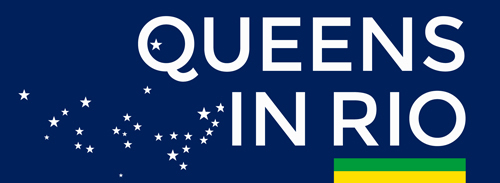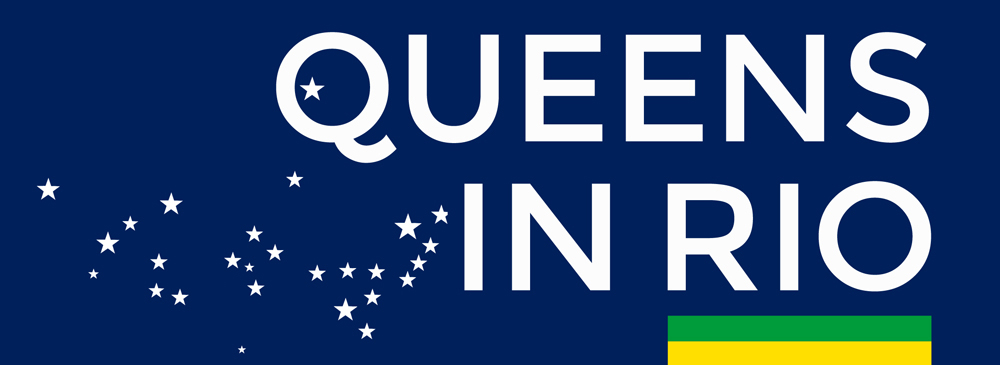
In 2009, photographer Scott Olson shot a disorienting image of a glass balcony on the 103rd floor of the Willis Tower in Chicago. In the photograph, news media are on the enclosed balcony, shooting an interview in a glass box, 3 feet outside the skyscraper and 1,400 feet above the street. Outside the building, a helicopter hovers and points toward the media. Who is shooting whom? Who is shooting the photograph of the media shooting images of each other? From a perspective so completely alien to our daily lives, how can a city appear in such a different way?
As an American, my notion of Rio de Janeiro is formed mostly from watching samba-dancing carnival coverage in February, listening to Astrud Gilberto’s ‘Girl from Ipanema,’ seeing a shot of ‘Christ the Redeemer’ in a James Bond movie, and reading about water quality in Guanabara Bay for the last three months. In September, after three weeks of media coverage, how will this notion be reconfigured? How will mine differ with the residents of Rio, and the 3 or 4 billion viewers estimated to be watching the games on television? How will my new idea, formed as I help students create stories about the people and the place, differ from that of my family, watching these stories and events from far away?
A French Jesuit scholar, Michel de Certeau, wrote about the role of place, habit, behavior, and memory in a 1980 book called “The Practice of Everyday Life.” In one chapter, de Certeau wrote about how the experience of pedestrians as they walk through a city differs from the map-like, panorama perspective of city planners.
If we apply de Certeau’s filters of everyday life to Rio, the city itself is already a different place, even before the personal lenses of billions of television viewers assemble new impressions. The area of Barra, for example, has been transformed into an Olympic village. It used to be the location of a Formula 1 racetrack. Now and 10 years from now, Barra is the headquarters of the Rio 2016 Olympic Games. De Certeau wrote that places are shaped by the memories of people, and are shaped as much by what used to be there as by what is there now. “The presences of diverse absences,” he called it.
De Certeau also wrote about how the names of neighborhoods evolve into symbols and emblems that exist separately from the place itself. Decades ago, for example, telephone prefixes were extracted from city locations. “Murray Hill 5” was a prefix for people who lived in a New York City neighborhood. Then they became numeric prefixes only, unanchored from locations. Now, however, an area code is a “shared social media handle or collective identity,” as journalist Megan Garber wrote. For our students, the Brazilian telephone area code “21” is an insider designation for “Rio de Janeiro.”
One of the goals of foreign study is to refine and reshape a student’s view of a culture. Our students are learning about Rio from the viewpoint of cariocas as they go about their everyday lives. While thousands of journalists chronicle the performances and lives of athletes, our students have the goal of documenting Rio during a transformative global event. The city will never be the same again, after these few weeks, and in many ways, our students will never be the same again, either.

